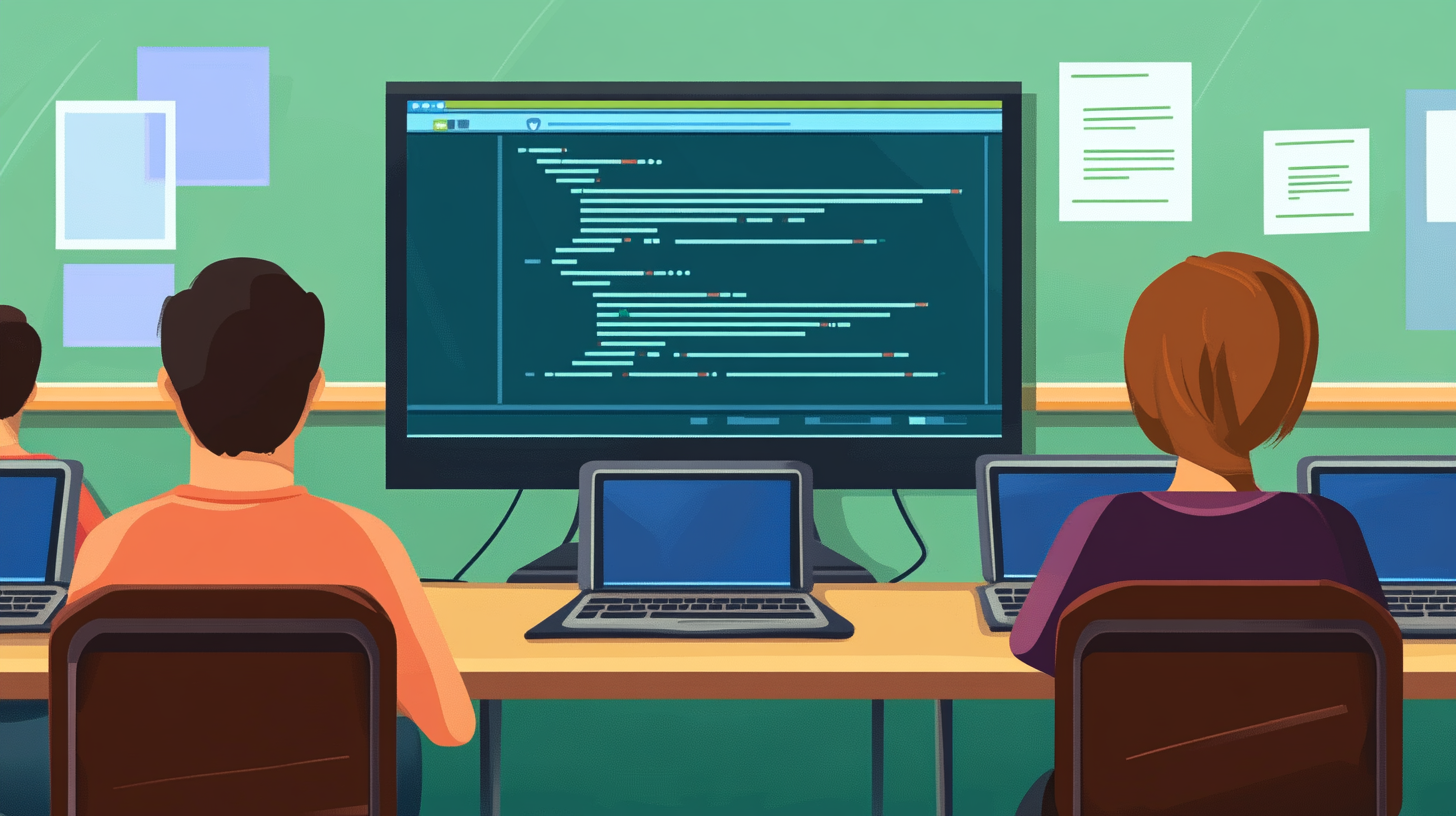In the modern hiring landscape, technical assessment tools have become critical for organizations to evaluate candidates quickly and accurately. However, every role requires different skills, making it essential to align assessments with specific job requirements. Below, we explore the different types of assessments available on online platforms and how they best align with various roles.
1. Technical Skills Assessments
Designed to test specific technical competencies, these assessments are ideal for roles that demand coding, problem-solving, or specialized IT knowledge.
- For Developers and Engineers: Coding tests in languages like Python, Java, or C++ assess problem-solving and programming capabilities, while debugging tasks gauge real-world troubleshooting skills.
- For Data Scientists: Challenges involving data manipulation, machine learning, and statistical analysis ensure candidates are proficient in handling data-intensive tasks. These assessments are highly role-specific and allow companies to validate a candidate’s technical fit early in the hiring process.
2. Cognitive Ability Tests
These tests focus on evaluating a candidate’s problem-solving, analytical thinking, and learning agility—skills that are vital across a wide range of job functions.
- For Leadership and Analytical Roles: Cognitive assessments measure strategic thinking and decision-making capabilities, making them suitable for roles like project management or business analytics.
- For Entry-Level and Generalist Roles: Assessments focusing on logical reasoning and critical thinking help gauge a candidate’s ability to learn quickly and handle diverse tasks effectively. With formats like numerical reasoning, pattern recognition, and logical puzzles, these assessments identify candidates with the cognitive skills needed to excel.
3. Behavioral and Personality Assessments
Understanding a candidate’s behavioral style and personality traits helps ensure the right cultural fit for the organization and role.
- For Customer-Facing Roles: Traits like empathy, communication, and patience are assessed for roles in sales, customer service, or support.
- For Leadership Roles: Personality assessments gauge leadership style, motivation, and conflict resolution skills, providing insight into how the candidate may manage teams and navigate challenges. These assessments help find the right match for company culture and role expectations, ensuring long-term fit and performance.
4. Situational Judgment Tests (SJTs)
SJTs simulate real-life job situations, testing how candidates respond to various challenges and make decisions.
- For Supervisory and Team-Oriented Roles: These tests assess how candidates handle conflict resolution, team coordination, and quick decision-making, making them ideal for roles in management or team leadership.
- For Service-Oriented Roles: Customer service, sales, and operations roles benefit from SJTs that explore problem-solving under pressure and handling client interactions. By providing situational challenges, SJTs measure soft skills and decision-making abilities critical to the role.
5. Skill-Specific Assessments
These right candidate assessment platform are tailored to evaluate role-specific skills that are essential for job performance.
- For Creative and Design Roles: Design tasks, visual assignments, and creative challenges assess the candidate’s design acumen and creativity.
- For Marketing and Analytical Roles: Tests that cover areas like content creation, digital marketing strategies, data analysis, and campaign planning are vital for roles requiring strong communication and analytical abilities. Such assessments are focused on role-centric tasks, ensuring that the candidate has the required practical skills.
6. Language Proficiency Assessments
Language proficiency tests focus on grammar, vocabulary, reading comprehension, and verbal communication, making them essential for roles involving extensive communication.
- For Editorial and Content Creation Roles: Written assessments check for accuracy, creativity, and coherence in language use.
- For Multilingual Roles: Customer service and support roles that require bilingual or multilingual skills benefit from language tests in the relevant languages. These assessments ensure that candidates possess the necessary language skills to effectively perform their job functions.
7. Work Sample and Portfolio-Based Assessments
Work sample assessments provide candidates with tasks that are similar to actual job responsibilities, giving employers a clear view of their hands-on abilities.
- For Software Development and UX/UI Roles: Work sample tasks might include creating a feature, designing a user interface, or troubleshooting a bug to assess problem-solving and creativity.
- For Content and Marketing Roles: Developing a campaign strategy, creating social media content, or analyzing a case study provide a practical demonstration of skills. Work samples give a tangible measure of how well a candidate’s skills align with job requirements and their ability to deliver results.
8. Psychometric Assessments
Psychometric tests evaluate emotional intelligence, personality traits, and motivational drivers, giving a holistic view of the candidate’s work style and approach.
- For Executive and High-Responsibility Roles: These assessments offer insight into leadership styles, resilience, and stress management—key factors for roles requiring strategic planning and decision-making.
- For Team-Oriented Roles: Psychometric tests identify traits like collaboration, adaptability, and team dynamics, ensuring the candidate’s style complements the existing team. This type of assessment provides a deeper understanding of a candidate’s suitability, ensuring they align with both the role and organizational culture.
Conclusion
Online assessment platforms offer a range of tools to evaluate candidates across different dimensions, from technical proficiency to cognitive abilities and personality traits. Aligning the right type of assessment with the job role is crucial to streamline the hiring process and ensure the best candidate fit. Technical assessments are essential for roles requiring specific skills, while cognitive and situational tests are suitable for roles demanding critical thinking and practical problem-solving. Behavioral and psychometric assessments provide a holistic view of a candidate’s compatibility with team dynamics and company culture.
By using the appropriate mix of assessments, organizations can enhance their recruitment strategies and build teams equipped to meet the demands of each role, ensuring a successful and efficient hiring process.



